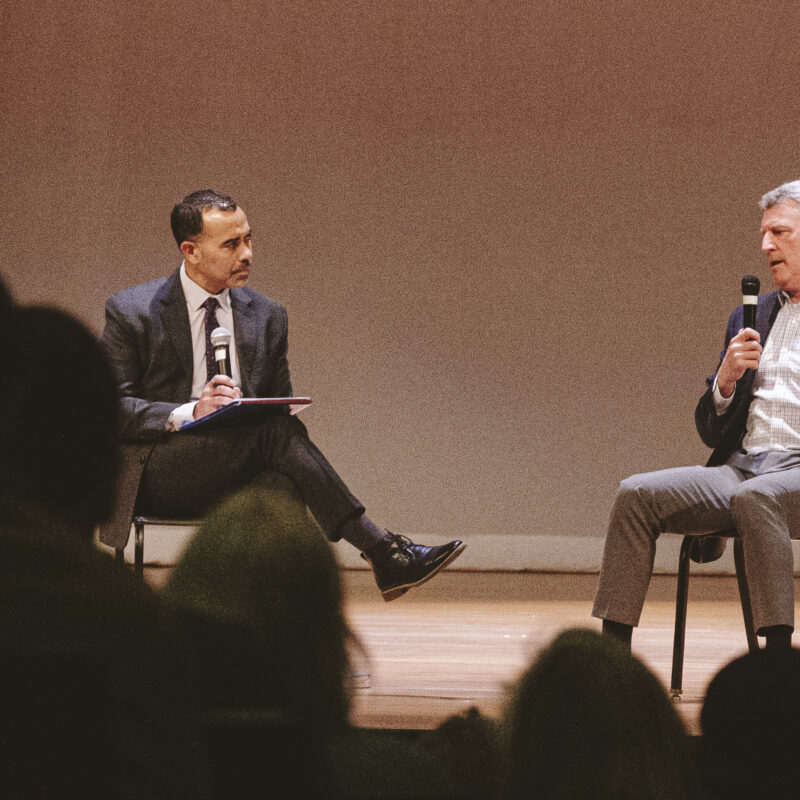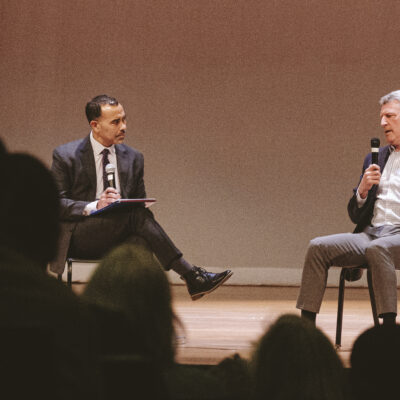Craig Littlepage, UVA’s athletics director, announced October 2 by press release that he is repealing the policy prohibiting signs, banners and flags in all UVA athletics venues.
|
For more on Saturday’s game against Maryland, read This Just In: |
“The policy prohibiting signs, banners and flags in all UVa athletics venues has become a distraction and has taken the focus away from supporting our student-athletes,” Littlepage said in the press release. The ban was put in place at the beginning of the season with little explanation. “Our football team needs our support right now and that should be our collective focus. With that in mind, I am repealing immediately the policy prohibiting signs, banners and flags in all athletics venues. I encourage all of our fans to be in attendance at Saturday night’s football game with Maryland. My hope is our fans will wear orange and be prepared to support the Cavaliers.”
|
Positive signs: Was it any coincidence that the football team blanketed Maryland 31-0 after administrators decided to lift the sign ban? |
The new policy allows “banners, signs and flags” that aren’t on poles or sticks and “do not impede another guest’s view of the competition, cover any venue signage, and/or are not attached to the facility.”
On October 1, the athletics department upheld that the sign ban promotes “a positive gameday environment.” Immediately in response, multiple UVA student groups, including the student council and the Hoo Crew, announced they would protest at the Maryland game on October 4 by wearing blue instead of orange.
“By vacating the student section of ‘official’ orange wear, we can make it clear that we will no longer buy into their vision of what makes a ‘positive gameday environment,’” said an announcement from the UVA Student Council.
Hoo Crew President Kevin Dowlen says he was surprised by the department’s quick reversal. “I was flabbergasted in a positive way,” he says. Dowlen says the administration realized that the ban wasn’t accomplishing the intended purpose. “They were trying to fix something that really wasn’t a problem.”
The sign ban wasn’t unique among colleges—Virginia Tech, for instance, has such a policy—but it struck a nerve at Thomas Jefferson’s University and generated national attention.
The planned Maryland protest was called off, says Matt Schrimper, president of UVA Student Council, “because we got the resolution we were seeking.”
C-VILLE welcomes news tips from readers. Send them to news@c-ville.com.






